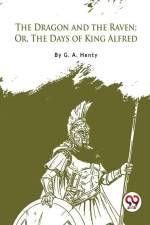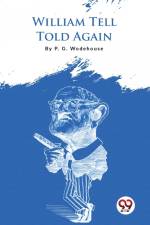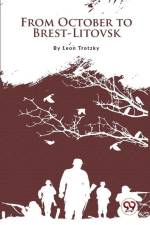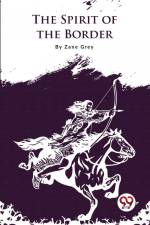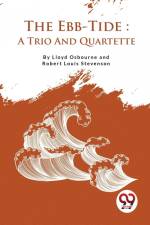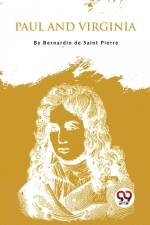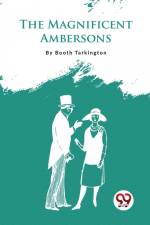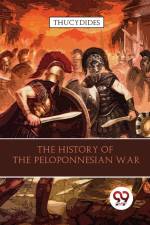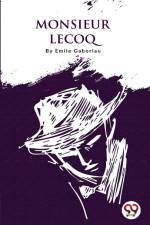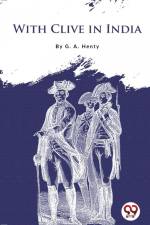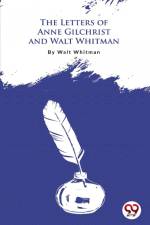av H. Rider Haggard
257
All of Palestine's rulers, Herod Agrippa, held a feast in Claudius' honor. High civilization has never been so fully united with the lowest savagery, not even in ancient Mexico. Rome personified had no conscience; she was an intelligent, opulent beast with a lusty appetite, making her even more ferocious. The time went rather slowly, but nobody stopped by to bother them. Rachel woke up three hours after midday, feeling energized but hungry, and she had nothing except raw grain to offer her. Inquiring about her mistress's approval, she related all that had happened. To her, they were all known as "Uncle," with their name appended if she happened to know it, or just as Uncle.If the sun had risen, she was unsure of how she would have survived the rest of the day. Julia, Gallus's wife, was sitting in her bed-chamber on the morning after the Triumph, gazing out at the Tiber's emerald waters. The day before, while mingling with the Roman populace, she had witnessed her beloved Miriam trudging through Rome's streets. Then, when she could take it no longer, she left for home, leaving Gallus to see the drama's last scenes.



